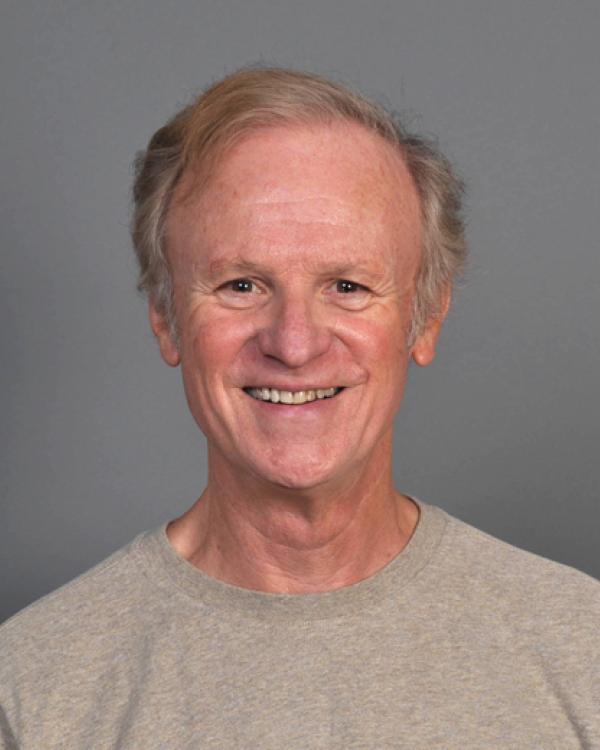
Robert Koegel of the Koegel Autism Center
Autism Speaks, the world’s leading autism science and advocacy organization, has given a $120,000 grant to the Koegel Autism Center at UC Santa Barbara’s Gevirtz School in its latest round of funding. The grant will fund research to develop new treatments by tapping non-social interests to engage toddlers. Autism Speaks’ Chief Science Officer Rob Ring says, “The funded work in this group of projects touches upon some of the most important areas of unmet need facing the autism community today.” This grant is funded by Autism Speaks, grant number 8819. For more information about this grant, visit http://science.grants.autismspeaks.org/search.
Young children with autism spectrum disorders (ASD) have social difficulties and limited motivation to engage with other people, which have both immediate and long-term implications for their development. If toddlers are not inclined to pay attention to other people, they miss out on critical social learning that is vital for typical social and mental development. Children with autism do, however, demonstrate strong levels of motivation and engagement with certain characteristics of their environment. Research has demonstrated that when watching a scene that possesses both social (i.e. kids playing) and non-social features (i.e. toys, objects), typically developing children closely watch the social interaction while children with autism are more attracted to the objects and physical cause-and-effect occurrences.
This Koegel Center research aims to evaluate a novel social intervention that takes advantage of this existing attraction and motivation for select non-social objects. Researchers want to identify the specific characteristics that make certain non-social interests compelling to children with autism and then incorporate these traits into an equally motivating social activity. The Koegel Autism Center plans to embed these social activities within an established behavior intervention to improve children’s social-communication skills. The study participants will be young children with ASD and their parents. For six months, families will receive a combination of parent-education and direct delivery of this novel social intervention.
Three primary strategies will be used to measure the children’s response to the treatment. First, eye-tracking technology while children watch a series of videos will be used to note changes in their visual preference for people versus objects. Researchers can then examine if the children’s gaze patterns differ from children with autism who are receiving available community interventions and more closely resemble those of typically developing children. Videos of parent and children interactions will also be examined to note changes in key social behaviors, such as eye contact, language, and directed facial expressions. Finally, the study will look at changes in scores on a variety of developmental, language, autism, and daily functioning assessments as another means of assessing intervention change. Koegel researchers anticipate that participants will experience significant changes in core social behaviors, which would likely impact long-term social development.
The major goals of the Koegel Autism Research & Training Center are increasing our understanding of autism spectrum disorders, the development and implementation of state-of-the-art pivotal response treatments, as well as the improvement of elementary and secondary education efforts for children with autism and other severe disabilities. The center's primary interests lie in research and training (both pre-service and in-service), focusing on family support and on the education of children with autism in community environments and classrooms with their typically developing peers. The center conducts research regarding the development of treatment delivery systems through families, schools, non-disabled peers, and others who provide support for children with autism in educational settings. The center is funded by a number of sources, including the state of California, federal research and training grants from the National Institute of Mental Health, the Department of Education, and through private donations. The Koegel Autism Center is part of The Gevirtz School at UC Santa Barbara.